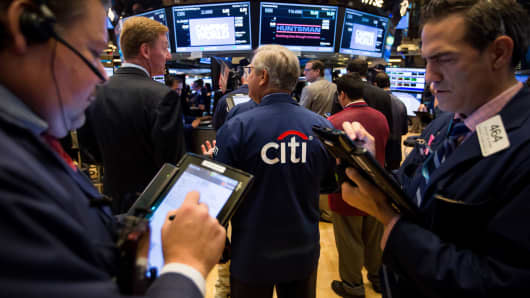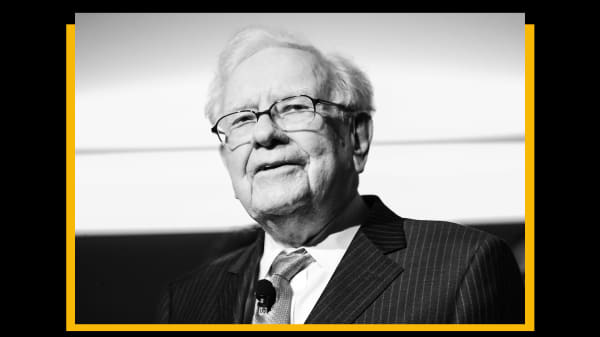Investors should be furious with the managements of some of these companies. The most famous one of all, Warren Buffett, sold all of his IBM in spite of IBM's buybacks. Just last quarter Berkshire bought $4 billion worth of J.P. Morgan shares. Buffett has remained a fan of buybacks when done for the right reasons and done after careful analysis of a company's intrinsic value. He bought back near $1 billion in Berkshire Hathaway shares earlier this year — but Berkshire also is sitting on more than $100 billion in cash.
Apple has bought back more than twice as much stock as any other company over the past decade, but it also has been generating the most cash in the history of corporations. Even after buying back $250 billion in shares, it has almost that much in cash on hand left in its coffers today — $237 billion at the end of the last quarter. Could Apple have used the $250 billion it spent on buybacks for more useful things like acquisitions? Only time will tell, but to me, every company in this market should be working harder to justify buybacks. Buybacks may have gotten the market to its recent records, but they are not a useful determinant of where a stock is headed from here.
I know that it is obvious to say that companies that get into trouble will need cash to survive, but it is infuriating to me when companies like GE, Citi and IBM spend on buybacks when they should've been reinvesting into their businesses or just saving for a rainy day. Nothing over the long haul can compensate for a misallocation of capital.
The point is that all companies eventually face obsolescence and recessions. Those are the times when cash is needed most. Amazon founder and CEO Jeff Bezos is very open about how Amazon could one day face bankruptcy. As hard as that is to believe, it has happened to many companies that were industry leaders. Apple faced bankruptcy twice in its corporate history. Maybe it should learn from its own past and realize that in the world of technology, every company is always only one product ahead of the new thing.
In the last 10 years, there has been a big equity to debt conversion because that's what happens when companies borrow to fund buybacks. I think that's a danger in the next recession. Capital has been abundant in this era of cheap money, but that game is ending, and capital will become scarce in an era of tighter central bank policy. Once we are there — and we are getting closer — many of the companies that spent lavishly on buybacks will be wishing they had been a little more strategic with their cash.
—By Mitch Goldberg, president of investment advisory firm ClientFirst Strategy





















